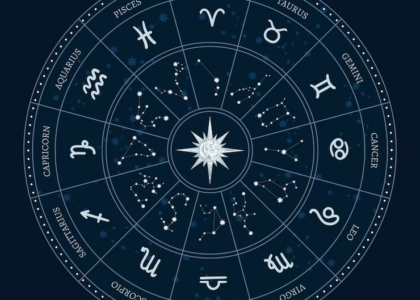More than 1 billion people now watch podcasts on YouTube every month. That shows how big podcasts have become. They are no longer just a hobby. They are part of the media world now. And some people even say podcasts are taking over journalism. That may sound strange, but if you look closer, it starts to make sense.
Podcasts vs Traditional News Interviews
You might notice more leaders and CEOs now speak on podcasts instead of regular news shows. They choose long talks with popular hosts over formal interviews. That’s because podcasts feel more relaxed and friendly. There is no pressure from big media companies. The guest can speak for an hour or more. They can talk about what they want without being rushed.
You see this in politics too. During the last elections, some candidates went on podcasts to reach more people. It gave them a chance to explain things without strict rules. You hear their real voice. But this also means they avoid hard questions sometimes. A journalist might ask tough things. A podcast host may not.
Why Podcasts Feel More Honest (But Can Still Mislead)
When you listen to a podcast, it can feel more personal. The host talks like they are having a chat with you. There’s often less editing. The guest may be more open. But this friendly format can also cause problems. People may forget that podcasts don’t always check facts like journalists do.
Some podcast hosts even say clearly they are not journalists. They call themselves creators or storytellers. Still, many people trust what they say. And that’s where confusion starts. Someone can sound smart, be confident, and speak well. But that doesn’t mean what they say is fully true.
Who Gets to Be Called a Journalist Now?
The line between podcasters and journalists is not always clear. Some podcasters report news and give opinions. Others just talk about topics they find fun. But many people watching don’t know the difference. If someone shares information, they may be seen as a journalist even if they don’t want that role.
This matters because journalism has rules. Journalists should tell the truth, correct mistakes, avoid harm, and stay independent. A creator might not follow those steps. They don’t have editors or fact-checkers. So what they share can be wrong or one-sided. It’s good to enjoy their shows, but you should still check other sources.
Why People in Power Choose Podcasts
Politicians, CEOs, and celebrities now often prefer going on podcasts. They have more control. They can avoid topics they don’t like. Hosts may cut out parts that make them look bad. That doesn’t happen in real news interviews.
Also, podcasts can reach younger people. Some public figures now avoid talking to newspapers or news TV. They think podcasts are enough. But real journalism is still important. You still need people who ask hard questions and make sure the information is fair.
Audiences Are Getting Information Differently
Many of you now hear about news for the first time through a podcast. That’s just how things have changed. Podcasts talk about news, politics, culture, and trends. Some mix personal stories with updates about what’s happening in the world.
But this mix can blur the line. You might hear an opinion and take it as fact. Or you might hear only one side of the story. Some podcasts talk fast and often. That means they don’t always take time to research. It’s a lot of content, but not always deep.
Why Podcasts Are So Popular
There are a few reasons why podcasts have become a top media format. First, they are easy to make. A host doesn’t need a big team or studio. Second, they are consistent. A new episode comes out every week or even every day. Third, they build a strong connection. When you listen for hours, you start to feel like you know the host.
Also, podcasts are flexible. You can listen while cleaning, walking, or driving. They cover every topic—from news and science to jokes and dating. That variety keeps people coming back. And if the host sounds real, you may trust them even more than you trust a news anchor.
The Problem With Trust and Entertainment
Some podcasts mix serious topics with jokes or casual talk. That works well for building a large audience. But it can cause problems when it comes to facts. When someone trusted shares something wrong, many people believe it anyway. Some shows don’t correct mistakes. They just move on.
And sometimes, even big podcasts give bad info. They may skip important context or change parts of a story. This hurts trust. Journalism has systems to fix this. But podcasts don’t always follow those systems. And that matters, especially if you get most of your news this way.
The Future of Media Is a Mix
It’s clear that podcasts are part of the media now. They are not just a trend. But that doesn’t mean journalism is gone. Instead, there needs to be a mix. Podcasts are good for deep conversations. News reports are good for facts and clarity. You need both.
And you can help shape this future. Your time and attention matter. If more people start to care about truth over entertainment, then creators may follow that. Podcasts don’t need to act like newspapers. But they should at least be clear about what they are doing. That way, you know when someone is just talking and when someone is reporting.
In the end, the line between podcaster and journalist is still changing. But your thinking doesn’t have to be unclear. Know the difference. Keep asking questions. And don’t be afraid to double-check what you hear—even if it sounds nice or feels right.




